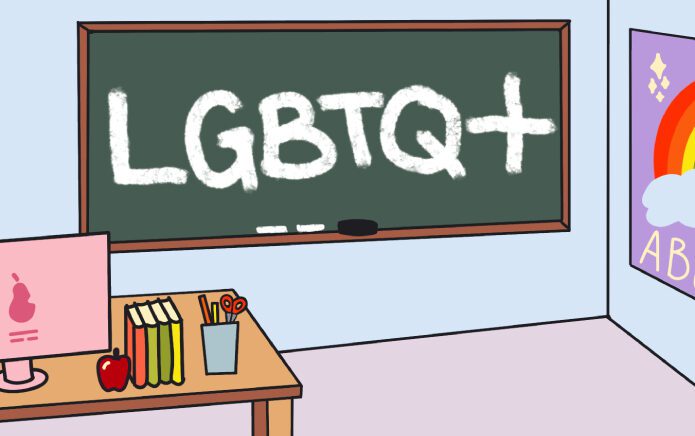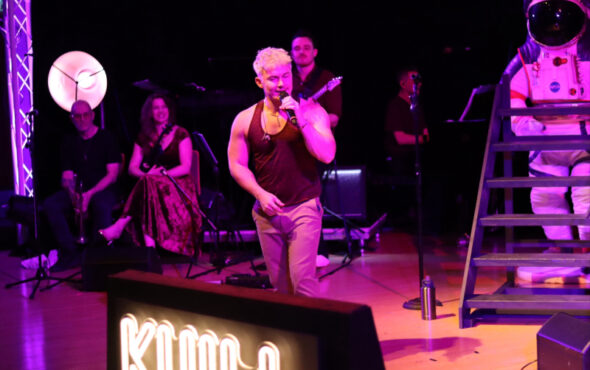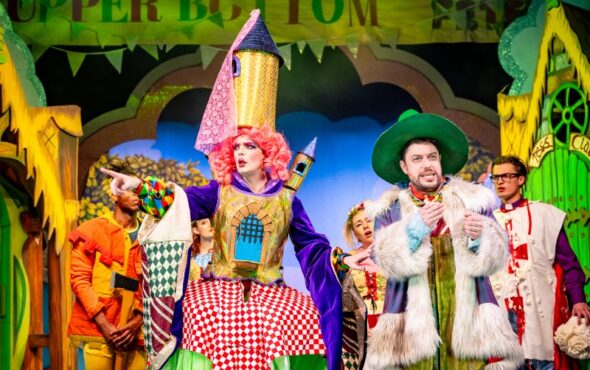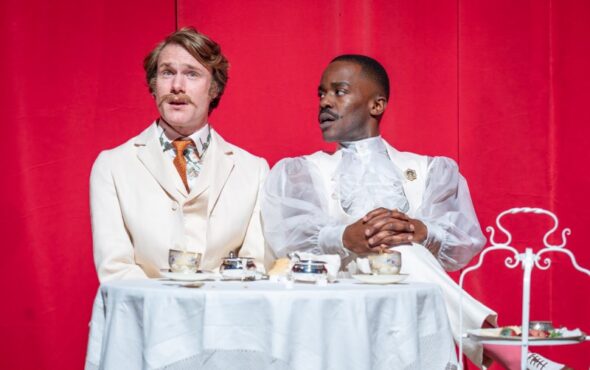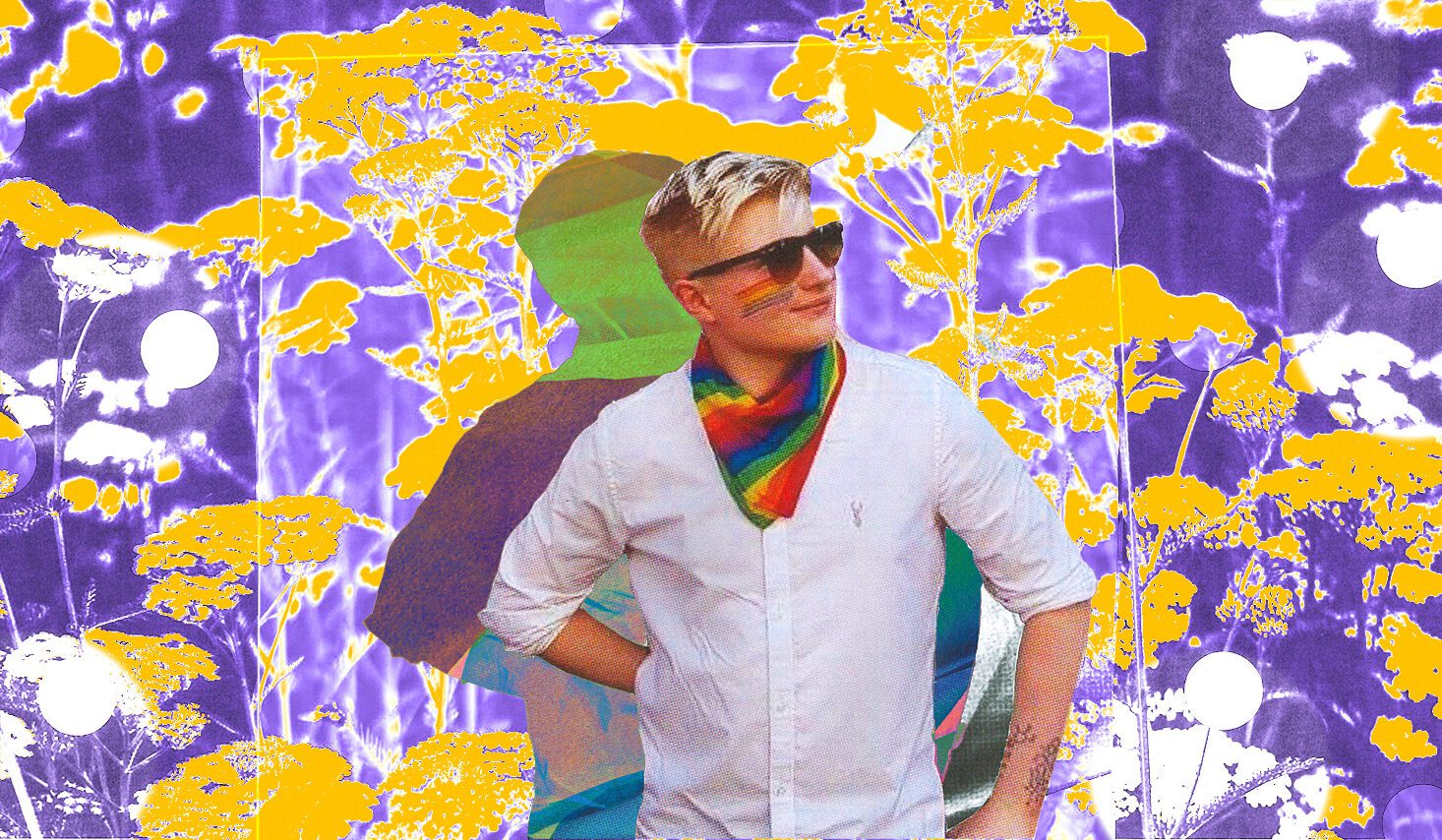
When my partner came out as non-binary, I was lucky enough to be the first person they told.
They explained to me that they had been questioning their gender identity for some time and felt that whilst they mostly presented as masculine, they felt that they just didn’t identify with the traditional definition of male, and therefore wished to go by he/they pronouns.
As a gay man, this made me question my own sexuality. If I was dating a non-binary person did this still make me gay? Was I bisexual or pansexual now, as I was attracted to someone of a different gender to myself?
After a lot of internal soul searching and talking with my partner, I came to the realisation of several things that I want to share with the hopes of helping someone who finds themselves in a similar situation.
Firstly, regardless of how I was feeling, the most important takeaway from this was that my partner loved and trusted me enough to be transparent with me about something so personal and that had been kept to themselves up until now. This meant a lot to us both and I think it’s something that should be remembered if someone close to you comes out.
I thought about what it must have taken emotionally to tell me such a personal thing about themselves. The person could be really worried that you might take it the wrong way too – there are far too many people who lack the emotional maturity to appreciate what it means to have someone come out to you and how honoured you should feel to be trusted with this.
Secondly, I realised that the fundamental details about my partner had not changed. They were still the person I fell in love with, with the same hobbies, same sense of humour and same (terrible, sorry) fashion sense as before.
The only difference now is that I know them more deeply than before and I refer to them using the pronouns that represent who they are and reflect their identity. The person they are has not fundamentally changed and therefore, in my experience, the narrative that having someone close to you come out as non-binary or transgender is to “lose” the person you knew before is false.
All too often you read articles or hear people talk about family and friends who came out to them with an emphasis on losing someone and having to re-meet them as their authentic self. I’d say: stop mourning their false, old identity and instead celebrate and embrace the fact that they felt safe enough around you to be open and honest.
Ask yourself: what would you prefer? For your partner to live a lie, unable to live and identify as their authentic self to avoid making you feel uncomfortable, or for them to be able to feel happy, free and open?
Finally, when it comes to labelling yourself, your relationship, or your identity, just remember that there are no right or wrong answers. There isn’t a ‘pronouns police’ who will call you out for saying you’re in a gay relationship if you’re dating a non-binary person. If you feel that you identify as pansexual rather than bisexual, no one should be asking you to define the difference or to see your relationship history. And when it comes to my relationship, I know that regardless of my partner’s gender; I love them, and they love me (I assume…).
The thing I have learnt the most about supporting a partner coming out is that it can be emotionally daunting, intimidating, and difficult. Sadly, LGBTQ+ people continue to live in a society that still has a long way to go with regards to respecting the community and recognising people’s identities and pronouns.
You should never feel pressured or forced to come out, and if someone does come out it’s important to recognise that they may be taking a big risk. They don’t know how everyone in their life may react to this or what danger it may place them in. Therefore, if someone comes out to you, understand that it’s because you are someone they love and trust.
This experience has highlighted to me more than ever that sexuality and gender exist on a spectrum; they are fluid and ever-changing. Despite my partner being non-binary, I still feel that I identify as a gay man. I still consider myself attracted to masculinity and my partner acknowledges that they are still predominantly male-presenting and have no intention of changing this, I still respect their gender identity and will continue to do so.
So when my partner came out, I knew all I wanted to do was respect their openness, appreciate their courage and continue to love and support them unconditionally as their true self.
Samuel volunteers with Just Like Us, the LGBTQ+ young people’s charity – sign up for their newsletter.
